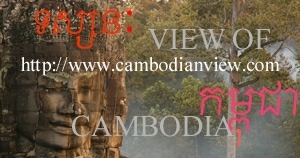
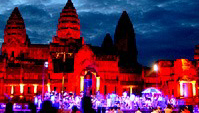
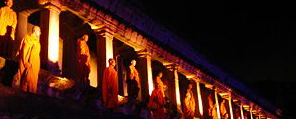
Guided and Instructed by
Venerable Master Chanmyay Sayadaw
(Myanma Meditation Master)
Insight Meditation: Every Monday, Wednesday
and Friday
at 7:00PM to 8:30PM
or Schedule can be adaptable to fit individual's need. ![]()

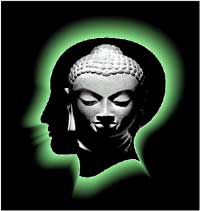
INSIGHT MEDITATION COURSE
Guided By: Bhikkhu PREAH KROU VIPASSANA KOSALA KEO HONG
& Bhikkhu VODANO SOPHAN SENG
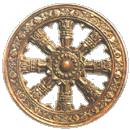
7.00 PM – 9.00 PM
(MONDAY, WEDNESDAY AND FRIDAY)
Or Schedule can be adapted to fit individual's needs.
(Just Let Us Know)
Insight Meditation leads to objectivity, mental purity and wisdom, which reduce stress, depression, boredom, tiredness, and related problems. With experience, one can learn to be mindful in stressful situations, and so prevent stress from arising. Through consciousness and awareness one can manage their good, mental health.
PLEASE REGISTER, SEATS ARE LIMITED.
REGISTRATION: FREE Registration Form (pdf file)
THERE IS DONATION BOX FOR YOUR KIND DANA DONATION.
ADDRESS:
Khmer-Canadian Buddhist Cultural Centre
7011 Ogden Road, S.E., Calgary, AB, T2C 1B5
Phone:(403)235-5415, Fax: 235-5475
Email: khmerview@cambodianview.com
http://www.cambodianview.com
More News about Meditation (listening)
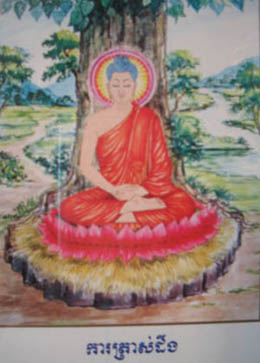
1. First, we train you to reach your Alpha Level of Mind. This is a deep level of consciousness that people achieve during meditation. The Alpha level is associated with intuition and ESP.
2. Meditation is "the practice of developing your capacity for rich experience." Meditation offers to awaken the mind to sensory experiences and to help achieve the benefits of relaxation: better mood, enhanced ability to concentrate, lower blood pressure, a sense of well-being.
3. We train you to achieve this deep level of mind, at will, in less than 1 minute. Accomplishing this alone is a valuable feat - you are probably aware of the many benefits associated with meditation.
4. Meditation is fast gaining recognition worldwide. According to CBS news on Aug. 27, 3003 "More and more doctors recommend it. It's supposed to help depression, control pain, increase longevity, slow down cancers, invigorate the immune system, and significantly reduce blood pressure.”
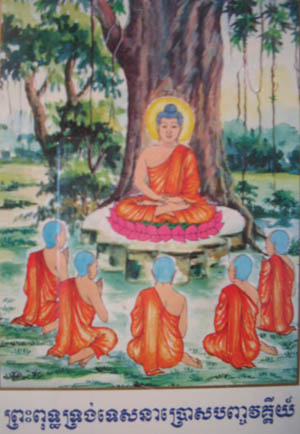
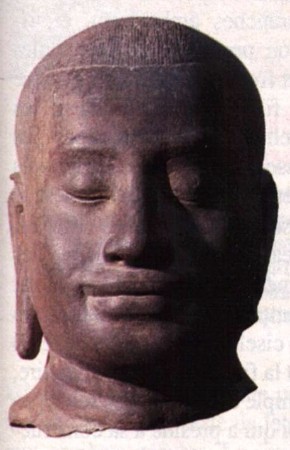
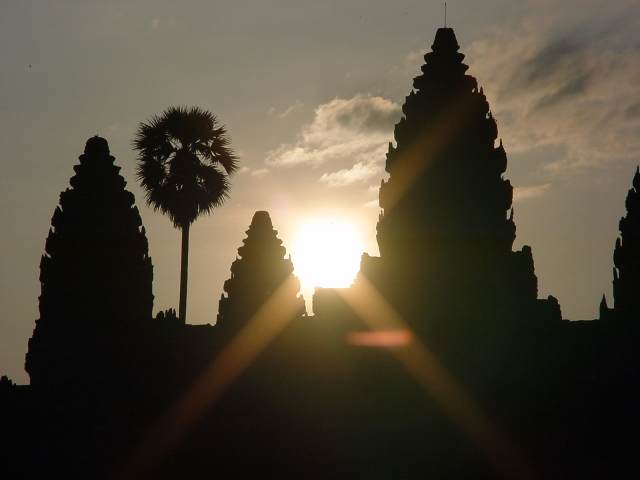
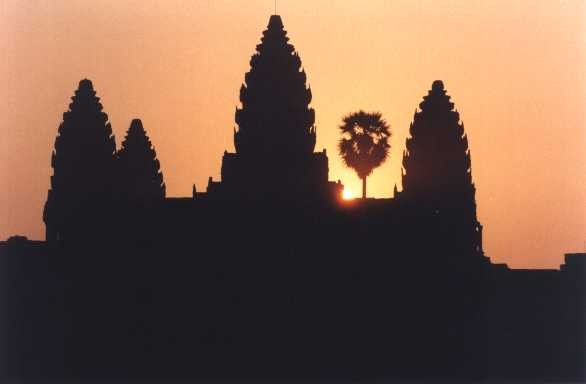
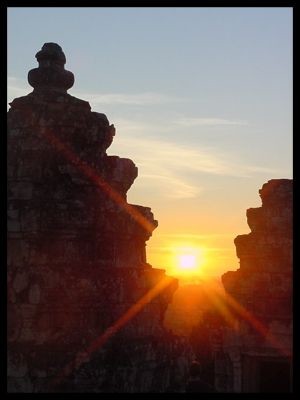
5. Time Magazine Aug. 4, 2003, that even devoted an entire issue to Meditation and credited it as a “solutions to range of illnesses from skin conditions, stress, and chronic heart disease to AIDs and infertility”. It even reported that "meditation can sometimes be used to replace Viagra.”
In just the first day of training, you will be able to meditate and relax your mind and body within 1 minute. Stress, headaches, tensions, anger and insomnia will truly be a thing of the past.
6. Briefly simple benefits of meditation
- improved physical co-ordination and athletic performance.
- increased capacity to relate to others with openness and warmth enhanced
enjoyment of yourself and others.
- increased job proficiency
- a sense of harmony with life
- greater self-acceptance
- enhanced creativity
- enhanced intuition or "going with your gut".
- Become more patient, more creative, and more open.
- Developed resilience to face tough situations.
- Enriched the sense of generosity, morality, peaceful mind, and intelligence.
More than these, Meditation provides us many
benefits in daily life such as:
- If you are a busy person, meditation can help you to get rid of tension
and to find relaxation.
- If you are a worried person, meditation can help to calm you and help
you to find either permanent or temporary peace.
- If you are a person who has endless problems, meditation can help you
to develop courage and strength to face and overcome problems.
- If you lack self-confidence, meditation can help you to gain the self-confidence
you need. This self-confidence is the secret of success.
- If you have fear in your heart, meditation can help you to understand
the real nature of the objects that are making you afraid - then you can
overcome the fear in your mind.
-If you are always dissatisfied with everything - nothing in life seems
to be satisfactory, meditation will give you the chance to develop and
to maintain some inner satisfaction.
- If you are sceptical and disinterested in religion, meditation can help
you to go beyond your own scepticism and to see some practical value in
religious guidance.
- If you are frustrated and heart-broken due to lack of understanding
of the nature of life and the world, meditation will truely guide you
and help you to understand that you are disturbed by unnecessary things.
- If you are a rich man, meditation can help you to realize the nature
of your wealth and how to make use of your wealth for your own happiness
as well as for others.
- If you are a poor man, meditation can help you to have some contentment
and not to harbour jealousy towards those who have more than you.
- If you are a young man at the cross-roads of your life,and you do not
know which way to turn, meditation will help you to understand which is
the road for you to travel to reach your proper goal.
- If you are an elderly man who is fed-up with life, meditation will bring
you to a deeper understanding of life; this understanding in turn will
relieve you from the pains of life and will increase the joy of living.
- If you are hot-tempered, you can develop the strength to overcome this
weakness of anger, hatred, and resentment.
- If you are jealous, you can understand the danger of your jealousy.
- If you are a slave to your five senses, you can learn how to become
the master of your sense-desires.
- If you are addicted to drinking or to drugs, you can realize how to
overcome the dangerous habit which has enslaved you.
- If you are an ignorant person, this meditation will give you a chance
to cultivate some knowledge that will be useful and beneficial both to
you and to your friends and family.
- If you really practise this meditation, your emotion will have no chance
to make you a fool any more.
- If you are a wise person, this meditation will take you to supreme enlightenment.
Then you will see things as they are, and not as they appear to be.
- If you are a weak-minded person, this meditation can strengthen your
mind to develop your will-power in order to overcome your weakness.
*** The non-doing of any evil, the performance of what's skillful, the
cleansing of one's own mind: this is the teaching of the Awakened. [Dhp
183]
*** Long for the wakeful is the night. Long for the weary, a league. For
fools unaware of True Dhamma, samsara is long. Dhammapada
*** A fool with a sense of his foolishness is -- at least to that extent
-- wise. But a fool who thinks himself wise really deserves to be called
a fool. Dhammapada
***Even if for a lifetime the fool stays with the wise, he knows nothing
of the Dhamma -- as the ladle, the taste of the soup. Even if for a moment,
the perceptive person stays with the wise, he immediately knows the Dhamma
-- as the tongue, the taste of the soup. Dhammapada 64:65
*** As long as evil has yet to ripen, the fool mistakes it for honey.
But when that evil ripens, the fool falls into pain. Dhammapada
*** Month after month the fool might eat only a tip-of-grass measure of
food, but he wouldn't be worth one sixteenth of those who've fathomed
the Dhamma. Dhammapada
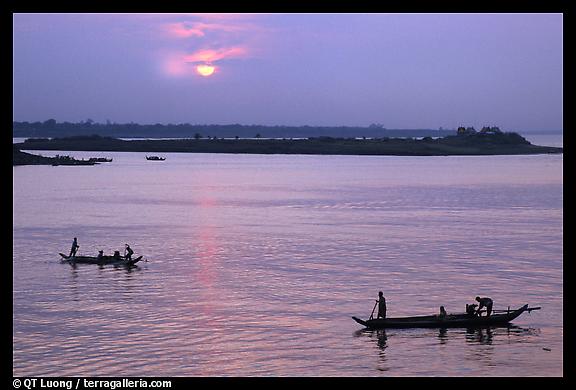
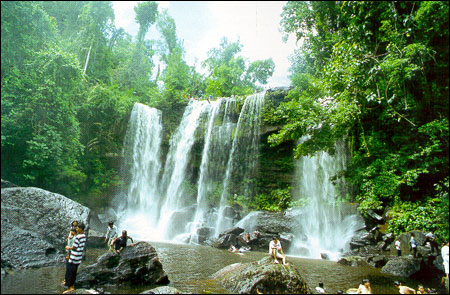
Some of Buddha’s words about Meditation
1. No othe bliss is greater than the perfect peace. Dhammapada
2. Mind is the forerunner of all (evil)conditions. Mind is their chief, and they are mind-made. If, with an impure mind, one speaks or acts, Then suffering follows one Even as the cart wheel follows the hoof of the ox. Mind is the forerunner of all (good) conditions. Mind is their chief, and they are mind-made. If, with a pure mind, one speaks or acts, Then happiness follows one Like a never-departing shadow. Dhammapada
3. This is the only way, monks, for the purification of beings, for the overcoming of sorrow and lamentation, for the destruction of suffering and grief, for reaching the right path, for the attainment of Nibbana, namely the Four Foundations of Mindfulness.
Those for whom you have sympathy, O monks, those who deem it fit to listen to you -- friends and companions, kinsmen and relatives -- they should be encouraged, introduced to and established in the four foundations of mindfulness. Samyutta Nikaya
4. Herein, monks, a monk having gone to the forest, to the foot of a tree, or to an empty place, sits down cross-legged, keeps his body erect and his mindfulness alert. Just mindful he breathes in and mindful he breathes out.
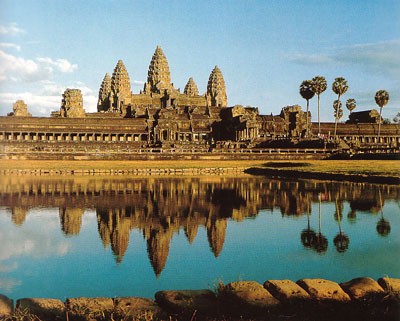
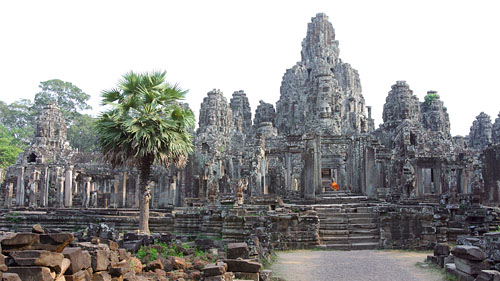
Digha Nikaya
5. And further, monks, a monk knows when he is going "I am going"; he knows when he is standing "I am standing"; he knows when he is sitting "I am sitting"; he knows when he is lying down "I am lying down"; or just as his body is disposed so he knows it.
And further, monks, a monk, in going forward and back, applies clear
comprehension; in looking straight on and looking away, he applies clear
comprehension; in bending and in stretching, he applies clear comprehension;
in wearing robes and carrying the bowl, he applies clear comprehension;
in eating, drinking, chewing and savoring, he applies clear comprehension;
in attending to the calls of nature, he applies clear comprehension; in
walking, in standing, in sitting, in falling asleep, in walking, in speaking
and in keeping silence, he applies clear comprehension.
Digha Nikaya
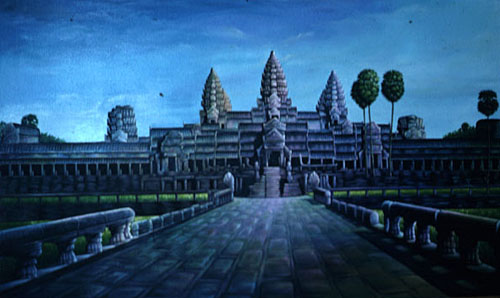
6. "Mindfulness, I declare, O monks, is helpful everywhere." Samyutta Nikaya
7. Whosoever, monks, has cultivated and regularly practiced mindfulness of the body, to whatever state realizable by direct knowledge he may bend his mind for reaching it by direct knowledge, he will then acquire proficiency in that very field. Majhima Nikaya
8. There is no corporeality, no feeling, no perception, no mental formations, no consciousness that is permanent, enduring and lasting, and that, not subject to any change, will eternally remain the same. If there existed such an ego that is permanent, enduring and lasting, and not subject to any change, then the holy life leading to the complete extinction of suffering will not be possible. Ibid., 22:96
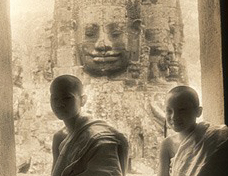
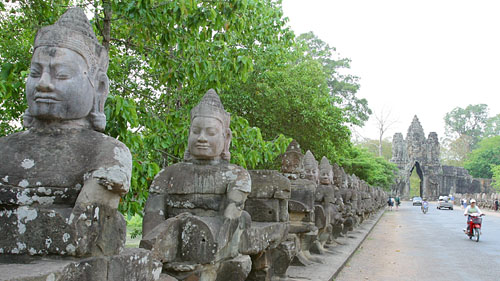
And further, monks, a monk reflects on this very body however it be placed or disposed, by way of the material elements: "There are in this body the element of earth, the element of water, the element of fire (caloricity), the element of air." Just as if, monks, a clever cow-butcher or his apprentice, having slaughtered a cow and divided it into portions, should be sitting at the junction of four high roads, in the same way, a monk reflects on this very body, as it is placed or disposed, by way of the material elements: "There are in this body the elements of earth, water, fire and air." Dhiga Nikaya
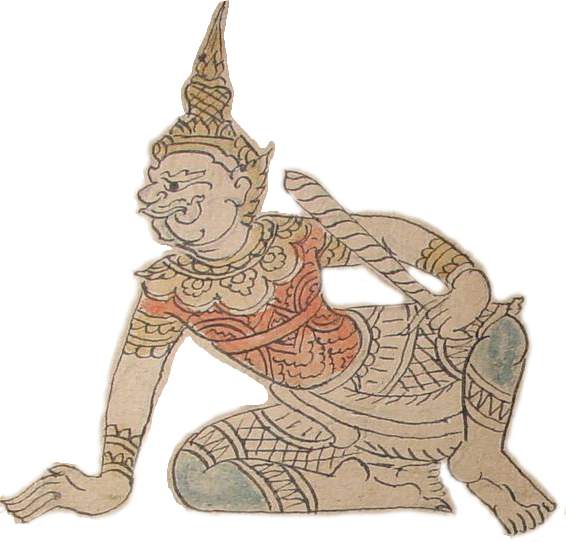
Daily Schedule
7.00 PM = arrival of meditators, ready the seats
7:05-7:30 PM = Introduction to insight meditation
7:30-7:55 PM = Siting Meditation
7:55-8:00 PM = Break with mindfulness
8:00-8:15 PM = Walking Meditation
8:15-8:30 PM = Citing Meditation
8:30-9:00 PM = Conclusion, Review, Spread Metta Dhamma(compassionate mind
or good will) to all living beings.
Copyright ©August, 2003 Khmer-Canadian Buddhist Cultural Centre.
All Rights Reserved (unless otherwise stated).
Started: Wed, August 13, B.E.2547,A.D.2003, Last Updated: May 28, B.E.2548, A.D.2004